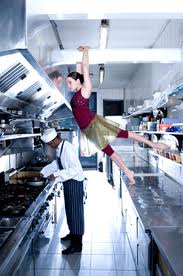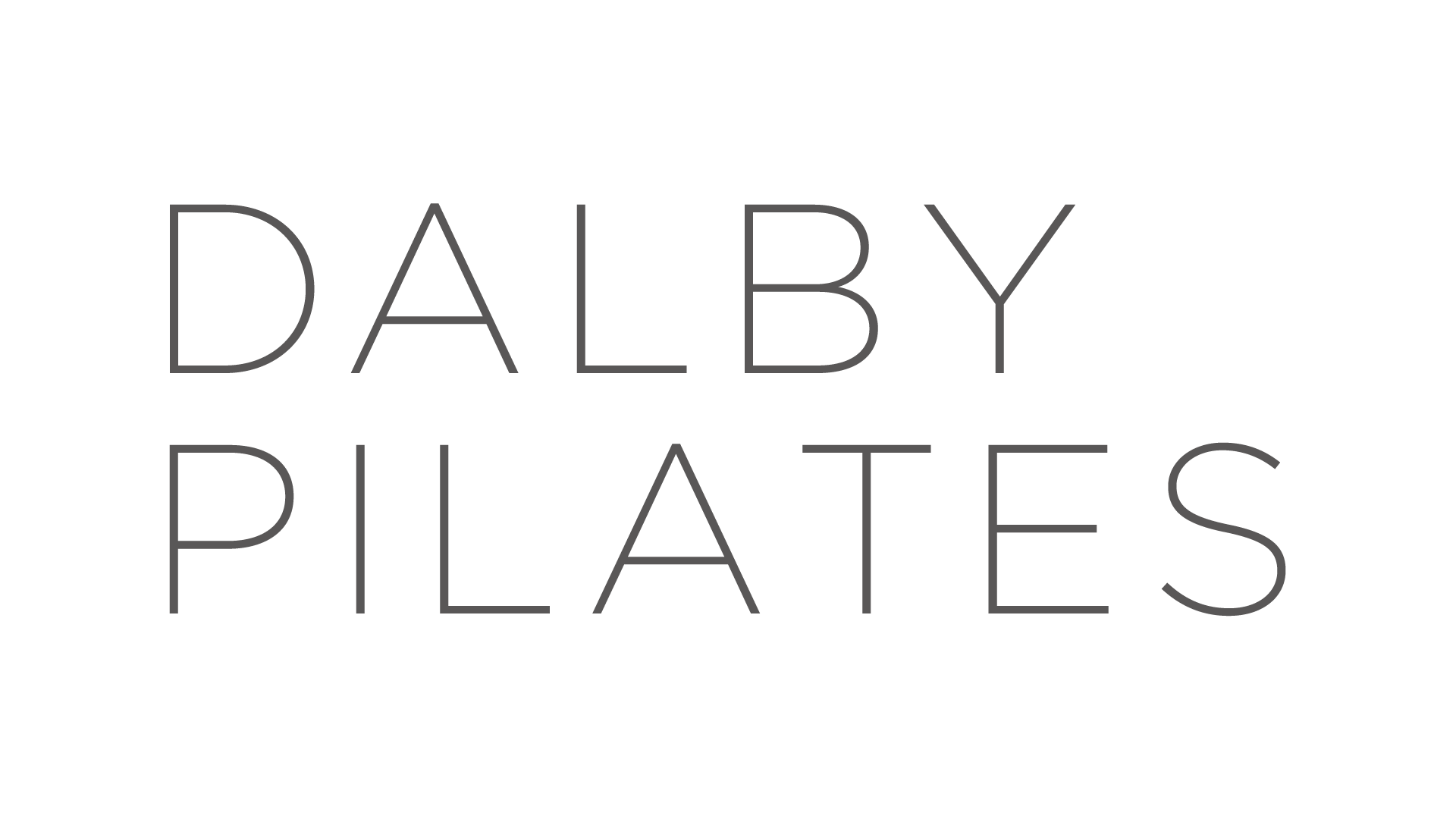On 30th April 2012 I attended the conference ‘Nutrition and disordered eating in dance: Artistry, athleticism and the role of themultidisciplinary support team’ organised by Dance UK. The event was attended by a wide range of dance industry experts alongside nutritionists and health workers. The quality of information shared at this conference was second to none, however there were a few highlights which considering the topic, were of particular interest.
 The day kicked off with an incredible in-sight into the ‘perspective from artistic directors on the aesthetic and physical requirements and their implications for dancer’s health’. In general the directors were open about dance’s historic struggle with nutrition and particularly with eating disorders. Experiences from the artistic directors who had and do have dancers struggling with disordered eating was an eye opener, and they explained how they had dealt with the situation and supported the dancer/s concerned. It was clear that the artistic directors, regardless of the genre, wanted dancers who were healthy and strong as this enables the dancer to perform at their peak. They even questioned whether the current multi-disciplinary demands of dancers are actually realistic and whether this was putting new pressures on dancers.
The day kicked off with an incredible in-sight into the ‘perspective from artistic directors on the aesthetic and physical requirements and their implications for dancer’s health’. In general the directors were open about dance’s historic struggle with nutrition and particularly with eating disorders. Experiences from the artistic directors who had and do have dancers struggling with disordered eating was an eye opener, and they explained how they had dealt with the situation and supported the dancer/s concerned. It was clear that the artistic directors, regardless of the genre, wanted dancers who were healthy and strong as this enables the dancer to perform at their peak. They even questioned whether the current multi-disciplinary demands of dancers are actually realistic and whether this was putting new pressures on dancers.
This was ingeniously followed by thoughts and comments regarding the ‘performance demands, education, and support: The dancers’ perspective’ by a panel of leading professional dancers. Their honesty with this topic was refreshing and at times saddening. The panel expressed their difficulties with disordered eating and it was interesting to hear the different accounts from the various genres represented (Ballet, Contemporary, Hip-Hop and South Asian). The need for more nutritional education whilst dancers train for the profession was highlighted, however, the difficulties of practically implementing this information were also discussed. Although dancers need to take responsibility for their own bodies, the importance of scheduling and planning by company directors during tours and rehearsals seemed to be equally important.
Later on in the day, Professor Joan Duda PhD (University of Birmingham), delivered a fantastically charismatic presentation on ‘prevention and early intervention of disordered eating and eating disorders’. Professor Duda explained how the social environment of dance schools/colleges or companies, created by its teachers/tutors/directors, affect the psychology of the dancers. She described social environments as powerful weather systems and how certain environments can create positive or negative psychological responses in dancers, whether students or professionals. Once again, the collective responsibility of dancers’ welfare, whether it is in College or in a Company, was strongly empathised.
 There were many more fantastic presentations and discussions from the industry experts, but one thing was clear; everyone seemed very happy that this delicate subject which has been historically avoided has now been brought out into the open for public discussion and debate.
There were many more fantastic presentations and discussions from the industry experts, but one thing was clear; everyone seemed very happy that this delicate subject which has been historically avoided has now been brought out into the open for public discussion and debate.
Useful resources relating to nutrition and eating disorders recommended by the presenters;
BEAT – http://www.b-eat.co.uk/
Kings College London, South London and Maudsley NHS Foundation Trust- www.eatingresearch.com
Herrin, M. (2003) Nutrition Counselling in the Treatment of Eating Disorders. New York, NY: Brunner-Routledge
Mettler, S., Manhurt, C. & Colombani, P.C. (2009) Development and Validation of a Food Pyramid for Swiss Athletes. International Journal of Sport Nutrition and Exercise Metabolism, 19, 504-51.
*You can also find this article in the latest DANCE magazine, published by the Imperial Society of Teachers of Dancing (ISTD)

